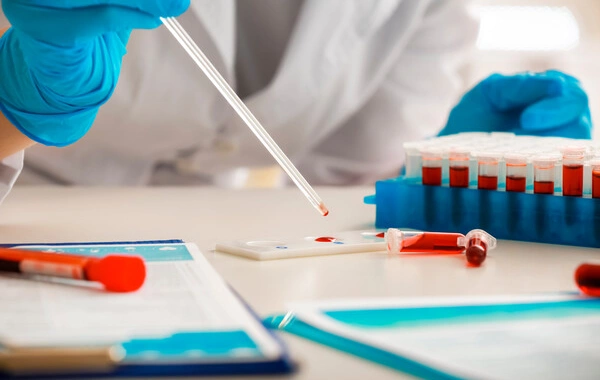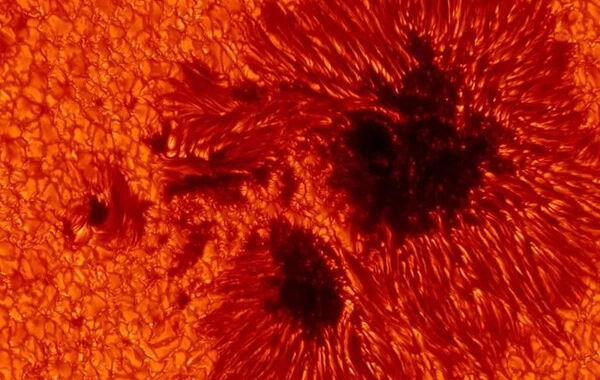Where drug addiction comes from: expert opinion

Drug addiction is a complex and multifaceted phenomenon, based not only on chemical processes in the brain, but also on psychological, social, and even cultural factors.
Specialists studying the nature of addiction increasingly emphasize: drug dependence is not just a weakness of will, but a disease that requires a comprehensive approach.
Mechanisms of addiction development
When a person first uses a narcotic substance, areas in their brain responsible for pleasure and reward are activated. This zone, called the reward system, produces neurotransmitters - in particular, dopamine. It causes feelings of euphoria, relaxation, comfort, or pain dulling.
However, with each new dose, the brain begins to adapt, reducing the natural production of these substances. This means that a person needs more and more of the drug to feel the same effect. From this point, the formation of dependence begins - both physical and psychological.
Why do some become addicted while others don't?
Experts' opinion here is unanimous: there is no single universal answer. The formation of addiction is influenced by a combination of several factors:
Genetic predisposition. Some people are more vulnerable to chemical dependency from birth. Their brain reacts differently to drugs, and their craving for repeated use may be stronger.
Psychological state. People suffering from depression, anxiety, feelings of loneliness, or post-traumatic disorders are more likely to seek an "escape" in drugs. They may use psychoactive substances as a way to numb pain or anxiety.
Environment and surroundings. Teenagers and young people who grew up in dysfunctional families or circles where drugs are considered normal are more likely to start using. The influence of friends and loved ones plays an enormous role.
Social and economic conditions. Unemployment, lack of life prospects, poverty - all these contribute to a person losing motivation and seeking oblivion in narcotic substances.
How addiction develops
In the early stages, a person controls their use, often convincing themselves that "they can stop at any moment." But the brain gradually ceases to function normally without a dose. The person can no longer feel joy, energy, or calm without the drug.
At the next stage, social connections break down, health deteriorates, legal problems arise, and life begins to revolve exclusively around getting the next dose. At this stage, a person no longer has the ability to stop without the help of specialists.
What experts say about addiction treatment
Modern specialists increasingly state: addiction is a chronic disease, like diabetes or hypertension. It requires long-term, sometimes lifelong treatment. Simple "quitting" rarely gives long-term results.
Comprehensive treatment includes:
Medical detoxification
Psychotherapy (individual and group)
Support from family and loved ones
Social rehabilitation
Education and occupational adaptation
Prevention is more important than treatment
Psychologists emphasize: the earlier prevention begins, the less risk of falling into the trap of addiction. Education, support for adolescents, development of emotional intelligence and stress management skills - these are the steps that help create resistance to drugs.
Drug addiction is not a sentence, but neither is it a temporary weakness. It is a serious disorder that requires attention, understanding, and professional help. The more society realizes the complexity of this phenomenon, the more chances to prevent its destructive consequences.
Similar News
A factor that accelerates aging in middle-aged men has been identified
Researchers from Shanghai Jiao Tong University have concluded that two representatives of the group of so-called "forever chemicals" - perfluorononanoic acid (P...



 Azərbaycanca
Azərbaycanca  По-русски
По-русски  English
English 






